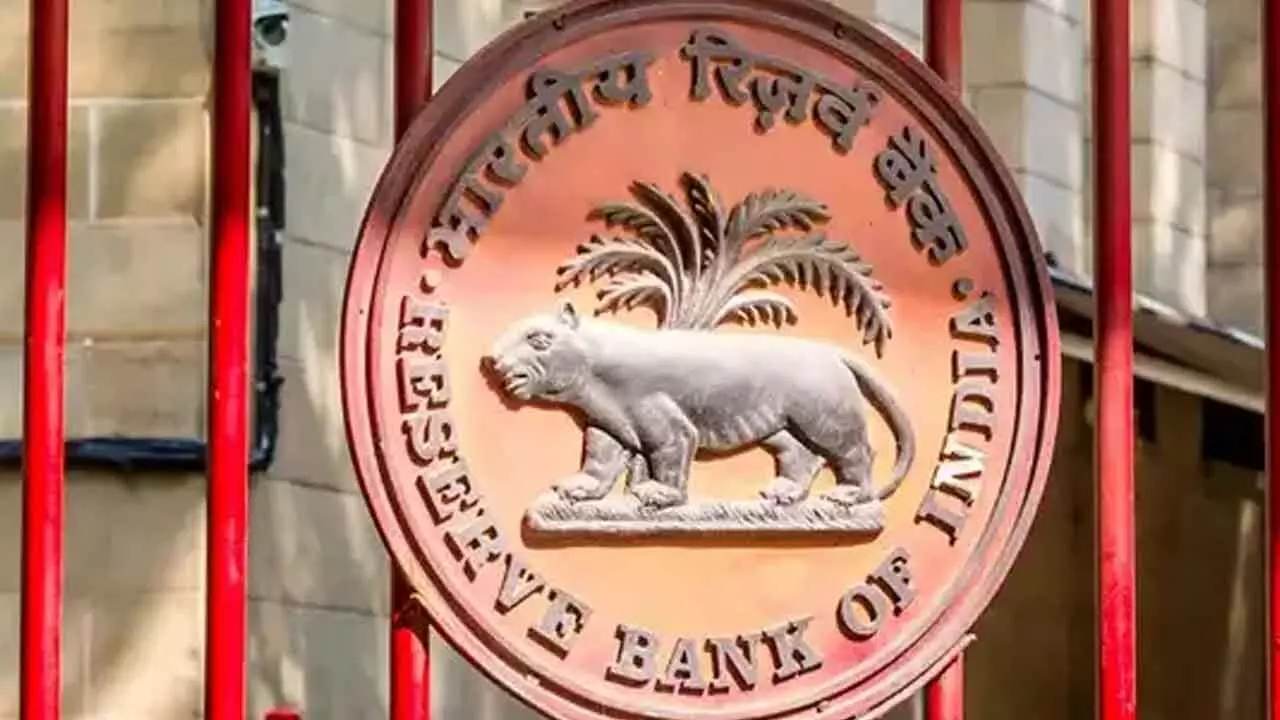RBI's Revised Project Financing Norms to Have Minimal Impact on Banks and NBFCs: Motilal Oswal Report
RBI's Revised Project Financing Norms to Have Minimal Impact on Banks and NBFCs: Motilal Oswal Report

The recent relaxation in project financing norms by the Reserve Bank of India (RBI) is unlikely to have any significant effect on the profitability or balance sheet strength of banks and NBFCs, according to a report by Motilal Oswal Financial Services.
The report emphasizes that the revised guidelines, which are set to take effect from October 1, 2025, are largely beneficial. While they introduce new frameworks for income recognition, asset classification, and provisioning, the overall financial impact on existing books will be negligible.
"We believe the impact of the revised norms on bank and NBFC profitability will be negligible, as the existing book remains unaffected," the report states.
For new project loans, any additional provisioning burden is expected to be passed on to borrowers—especially in a declining interest rate environment—via adjustments in yields. This ensures that the revised norms do not adversely affect lenders' financial performance.
Compared to the stricter draft guidelines issued in 2024, the final framework represents a significant improvement. Most notably, the provisioning requirement during the construction phase has been drastically reduced to 1% (from the earlier proposed 5%). After the Date of Commencement of Commercial Operations (DCCO), the provisioning requirement falls even further to just 0.4%.
The RBI’s new framework introduces a principle-based approach to stress resolution for project finance exposures across all regulated entities. This not only provides clarity but also ensures consistency across the sector.
The final norms come after the RBI received feedback from over 70 stakeholders, including banks, NBFCs, industry associations, legal experts, academicians, and government bodies. The adjustments reflect an intent to balance financial prudence with the need to support infrastructure development through accessible project financing.
Motilal Oswal concluded that the RBI’s approach effectively reduces capital drag, maintains regulatory rigor, and promotes continued funding of projects—without compromising the financial health of lenders.
In summary, the new project finance norms are seen as a positive step for the Indian financial sector, fostering both stability and sustainable growth.

